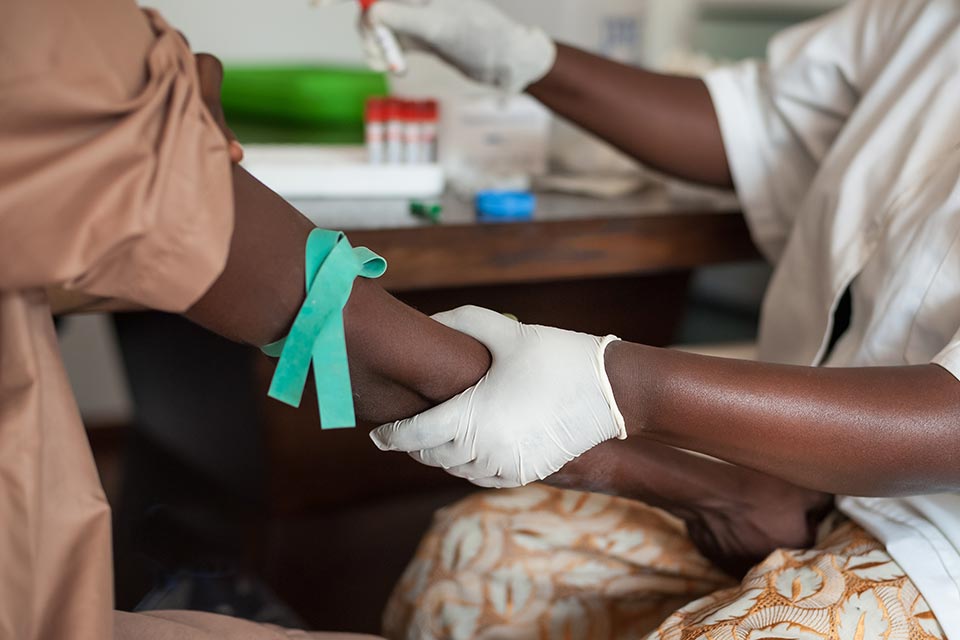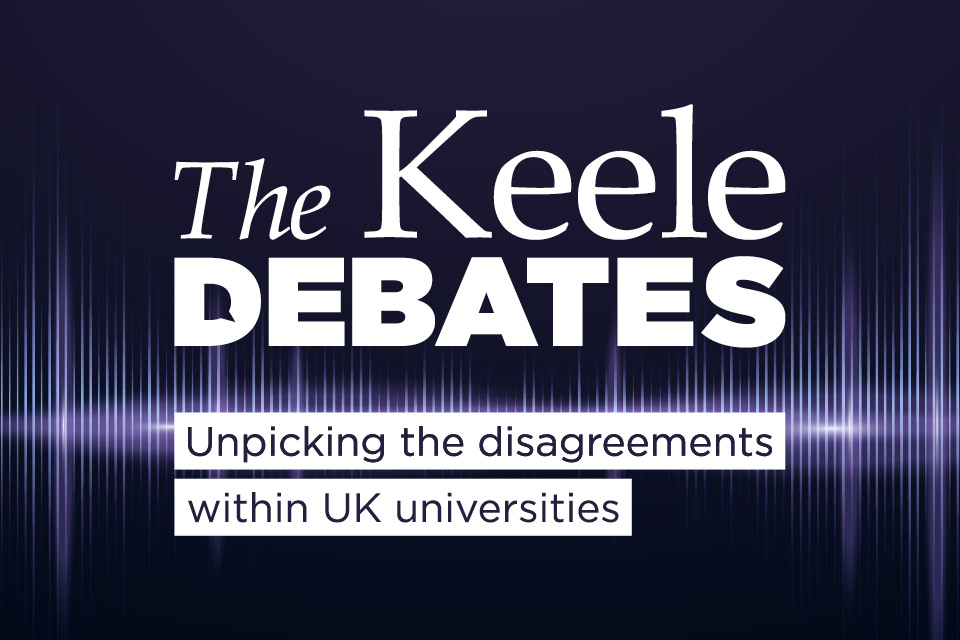Global research team calls on WHO to declare Ebola a public health emergency

An international team of health and legal experts has published a new paper calling on the World Health Organisation to convene the Emergency Committee to consider declaring the Ebola epidemic in the Democratic Republic of Congo (DRC) a “Public Health Emergency of International Concern” (PHEIC).
Writing in The Lancet the experts say declaring a PHEIC would sound a vital “clarion call” to action––galvanizing high-level political, financial, and technical support to address the Ebola outbreak that started last May.
Keele University’s Law expert Dr Mark Eccleston-Turner, who led the UK institutions on the publication, worked with the Universities of Georgetown and Johns Hopkins, and organisations including Federal Ministry of Health in Nigeria, Chatham House and Kenya Legal and Ethical Issues Network on HIV and AIDS.
Dr Eccleston-Turner from Keele University’s School of Law said: “The Ebola outbreak in the DRC is already the second largest Ebola outbreak in history, and shows no sign of abating. If it were not for the experimental vaccine being deployed in the region things would be a lot worse. It appears that the conditions for a PHEIC has been met, and we call upon the Director-General of the WHO to convene an Emergency Committee to consider this issue again.
“The Emergency Committee should include a wide range of experts including responders from the ground, epidemiologists, representatives of the Peacekeeping mission from the DRC, and lawyers with expertise in international health regulations. While declaring a PHEIC in and of itself will not change the complex humanitarian issue on the ground in the DRC, it will not stop the fighting in the region, or improve vaccine compliance in key communities in the DRC - it ought to send a clarion call to the international community and other UN Agencies that the outbreak in the DRC is a major outbreak which requires a coordinated, multi-agency response.”
Lead author Lawrence Gostin, Faculty Director of Georgetown University’s O’Neill Institute for National and Global Health Law, said: “The DRC Ebola epidemic is extraordinary. It is a toxic brew of armed conflict, political instability, and mass displacement. The epidemic is not under control, and has a high risk of spread to the region, perhaps globally.”
Of particular concern, say the authors, is the high risk of Ebola spreading to DRC’s neighbouring countries especially South Sudan. South Sudan is among the most fragile states in the world with far less capacity to control an outbreak like Ebola. Also concerning to the public health law group is the chaos that could be created by armed groups.
Most read
- Keele-led partnership to lead multi-million pound research initiative to transform mental health support
- New debate series to explore societal challenges affecting universities
- Keele researchers selected for prestigious USA exchange programme
- Keele University launches pioneering green hydrogen generation hub
- Keele celebrates graduation of its first fully qualified paramedics
Contact us
Andy Cain,
Media Relations Manager
+44 1782 733857
Abby Swift,
Senior Communications Officer
+44 1782 734925
Adam Blakeman,
Press Officer
+44 7775 033274
Ashleigh Williams,
Senior Internal Communications Officer
Strategic Communications and Brand news@keele.ac.uk.



